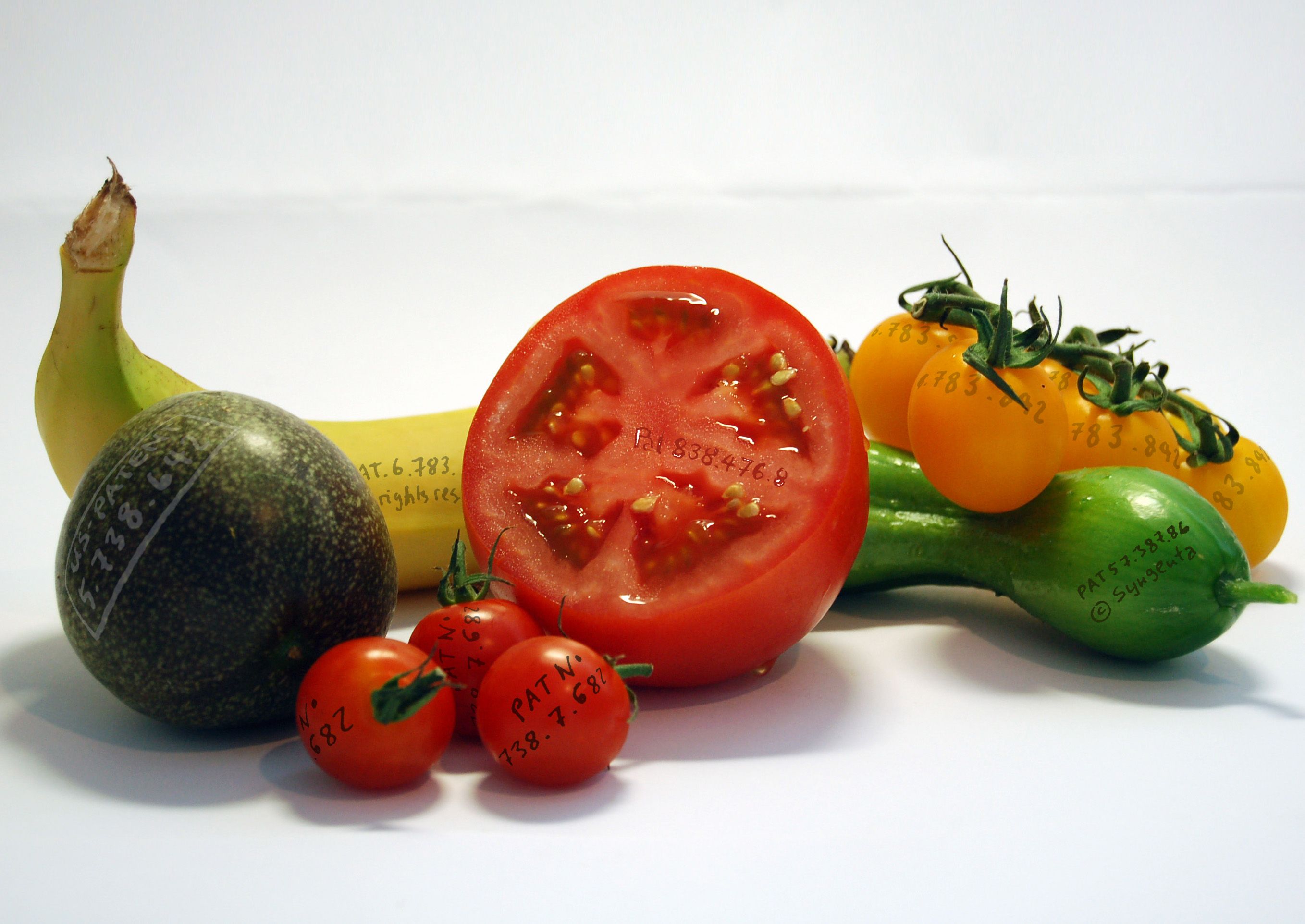Patents on Plants
 ©
[Translate to English:]
©
[Translate to English:]
Patents were originally designed to protect industrial inventions. In Switzerland, as in Europe, the system of Proprietary Variety Protection Certificate has been used, as it enables the preservation of free access to plant genetic resources to develop new varieties. However in recent years an increasing number of patents have been taken out on plants.
Patents are a game-changer in terms of breeding: a patented plant may no longer be freely used to develop new varieties. Authorisation is required to use it – which also implies paying a fee to the patent owner.
And although it was originally genetically modified plants that were patented, hundreds of patents have recently been granted on so-called conventional plants. The effect is the same for farmers: they are no longer free to use, exchange and sell seeds harvested from their own crops.
Patents on seeds thus limit access to plant genetic material for breeders and harm innovation. This is why most breeders are now fighting alongside farmers’ rights and environmentalists’ organisations against the patenting of conventional seeds.
Patents also accelerate the concentration of the seed market. Small and medium-sized companies that do not have the means to pay for patents are under pressure. The reduced competition and limitations to innovation are having a knock-on effect of price hikes and a reduced offer of plants and vegetables. In the long term, food security is under threat.
What we do
Public Eye is committed both in Switzerland and internationally to fighting against the patenting of seeds and in favour of laws that protect the breeding of plant varieties that respect farmers’ rights.

